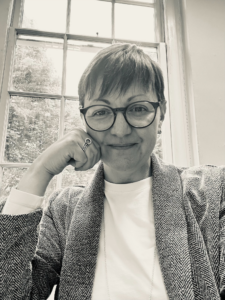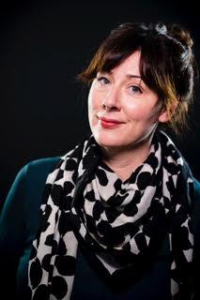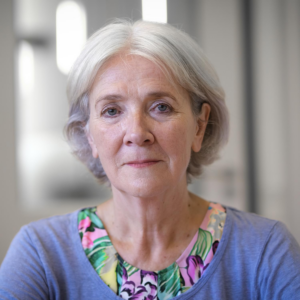Those lucky enough to attend the Forest Festival at the EASST/4S conference in July will never forget it. Conference dinners usually involve over-priced rubbery chicken in some anonymous conference hotel, sitting at the same table for several hours. If you’re especially unlucky, you will have run out of conversation after 20 minutes. Instead, the local organisers organised a festival for all participants in one of Amsterdam’s largest parks. They also managed to arrange fantastic weather, not a given in Dutch summers. We were alongside the rowing course, built almost a century ago for the 1928 Olympic games.
The Festival aimed to be inclusive. Entry to the festival was part of the registration fee, and we all received tokens for food and drinks. Everyone was welcome, and not only those with money to waste on bad food. It was not a mono-festival. In addition to the trees, food and drinks, there were live bands, a DJ, and a silent disco. Podcasts were recorded. It was possible to take a tour of the park with one of the park rangers. And the three of us hosted a literary festival, featuring some of the talented writers of the STS community. Just as we had in 2022 for the EASST conference in Madrid, we organised a creative writing competition. (Winning entries for the 2022 competition were published in the EASST Review in October 2022, and can be found here.) This year, entrants were invited to address the theme of the conference, ‘Making and Doing Transformations’. Our invitation to creative talents in STS opened with a haiku of our own:
Making and doing
Science, Tech and STS
For a better world
We received many entries in the three categories of poetry, flash fiction and short stories. One condition of entry was that authors would attend the conference so they could read their work, and receive their prizes. This mini-literary festival took place next to the rowing course, in warm sunshine, with a good crowd of listeners who stayed to hear the winners read their work, included in full here. In addition to the three announced categories, we awarded two special prizes, for a graphic poem and a graphic short story.
Just as in 2022, the people who generously shared their creative work mentioned how much they enjoyed writing in such a way. Entries often reflected people’s own research interests but in a form very different from what we read in academic journals, monographs and policy documents. If we continue to organise this competition, maybe we can consider producing an edited collection or, more radically, including creative non-fiction in our journals. We would love to hear from any editors or publishers who might be interested in pursuing such a project.
We are very grateful to Kathrin Eitel, University of Zurich, and to Bodhisattva Chattopadhya, University of Oslo for their help in judging the many wonderful entries we received. We are also grateful to the University of Bristol Press, Mattering Press and The MIT Press for generously donating books which we gave as prizes. Most of all, we are grateful to everyone who participated. We couldn’t give prizes to everyone, but we appreciated the creative efforts of all of our STS colleagues who shared their work with us.
Author biographies
Michela Cozza is an Associate Professor at Mälardalen University, Sweden. Her research lies at the intersection of Science and Technology Studies, Critical Gerontology, and Organisation Studies. Her work explores the interplay of ageing and technoscience. She is a qualitative researcher interested in post qualitative inquiry and methodological experimentation. Michela Cozza is an elected Council member of EASST (2021-2024). She is the author of Key Concepts in Science and Technology Studies (2021, Studentlitteratur) along with other contributions published in international journals, books, and edited collections.
https://michelacozza.wordpress.com
Nina Klimburg-Witjes is an Assistant Professor at the STS Department at the University of Vienna and PI of the ERC Starting Grant project “FutureSpace”. The project explores how practices of European Integration shape Europe’s future in outer space.
Nina is interested in the material and imaginative aspects of infrastructures /infrastructure in relation to in/security, geopolitics, and innovation, focusing on questions of outer space governance and cyber security through qualitative, multi-site empirical studies. She is an elected EASST Council member (2021-2024) and a member of the Austrian Academy of Science (Young Academy).
https://futurespace-project.eu/publications/
Sally Wyatt is a Professor of Digital Cultures in the Maastricht University Science, Technology and Society (MUSTS) research group. She originally studied economics in Canada and England but has long been identified as an STS scholar. Wyatt’s research has focused on digital technologies since the mid-1980s. Together with Flora Lysen, she published ‘Refusing participation: hesitations about designing responsible patient engagement with artificial intelligence in healthcare’, Journal of Responsible Innovation (2024). In 2023, she contributed to a collection of creative nonfiction, called The Stories We Tell, edited by Elsje Fourie and Christin Hoene. Between 2000-2004, Wyatt was President of EASST.
https://sallywyatt.nl
www.linkedin.com/in/sally-wyatt-a15014147


